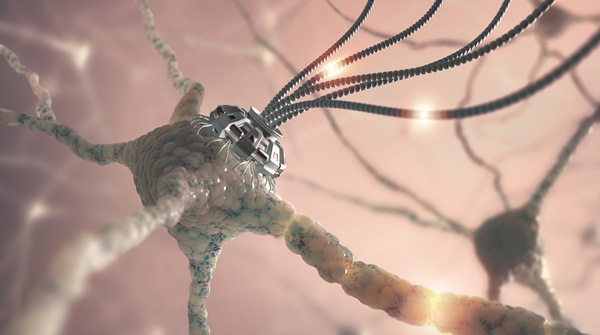ATD Blog
Contribute to the Science of Learning Community
Wed Apr 23 2014

Are you a scientist or researcher with expertise in neuroscience, cognitive science, or related areas?
Are you a graduate student or PhD candidate looking for ways to share your findings and get published in the process?
ASTD’s newest community of practice, Science of Learning, invites you to get involved as a community guest blogger. There is a wealth of research on how adult learners use and acquire knowledge. If you spot a peer-reviewed journal article on this or any related topics, email us with a link to the article, plus a short write-up (500-600 words) on the practical implications on organizational learning & development.
Are you conducting your own original research or developing an evidence-based L&D framework, and wish to share a snapshot your findings? Have you actually put evidence-based frameworks into use and want to share recommendations with your peers in the field? Send us a brief summary, and we’ll help you develop it into an article or guest blog.
We are on the look-out for fresh, original content to jump start this important Community of Practice, dedicated to advancing the profession through science and evidence-based best practices. If you have a topic or concept you would like to share, or just want to learn more, contact Juana Llorens, Community of Practice Manager.
About the Science of Learning Community of Practice:
What We Do:
As the newest ASTD Community of Practice, Science of Learning is designed to help practitioners build an evidence-based understanding of the biological, social, and behavioral mechanics that drive us as learners and as people.
How We Do It:
This community will create content on the web, education events, and new planned offerings for learning professionals seeking out the latest best practices as it draws from research in fields of cognitive psychology, education, emerging technologies, neuroscience, and insights from contributing experts from around the world.
Who We Serve:
This community is for all professionals interested in understanding how individuals take in information, form connections and ideas, and exercise behaviors on the job in order to help their people perform better.
You've Reached ATD Member-only Content
Become an ATD member to continue
Already a member?Sign In
